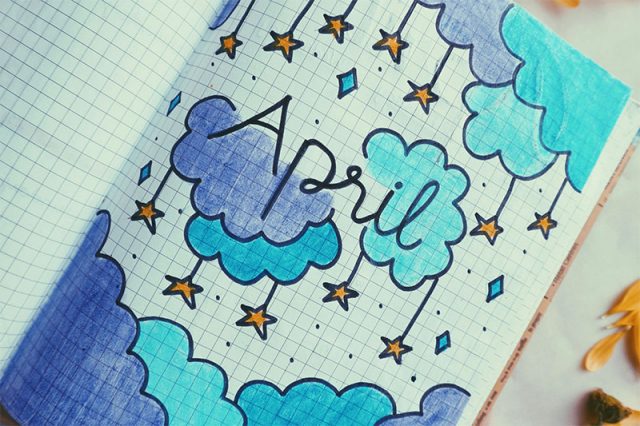Filipinos reminded their fellow citizens not to pull tricks or jokes on people who are making an honest living this April Fools’ Day.
FFTM, a social media account specializing in Pinoy pop culture, told its followers to “be kind” to each other on April 1 as the world observes the annual Western custom of playing tricks and pranks.
“Ito ay paalala na ‘wag manloko ng mga taong nagtatrabaho lamang. Kabilang dito ang mga delivery riders, mga nagtitinda, at iba pa,” the account said on its social media pages.
The reminder was welcomed by Pinoys, with some sharing comments on how to pull off a prank properly.
“Stop fooling the defenseless and wake up from being fooled by politicians. 13 months, make a change,” an online user wrote, sharing FTTM’s reminder.
“Remember that jokes are supposed to be funny FOR EVERYONE INVOLVED,” another Filipino commented on the reposts.
“Take note, mga clout chasers, a.k.a. vloggers and influencers,” wrote a different user, referring to content creators who make prank videos that are inconsiderate or dangerous to others.
The Department of Health also advised Filipinos to refrain from making jokes or pranks related to illnesses or mental conditions this April Fools’ Day.
It reminded the public to make the jokes “considerate and wholesome” instead to avoid stigmatization.
A news outlet also shared an infographic enumerating topics or issues that should not be part of April Fools’ jokes and tricks.
These involve death, ethnicity, race, pregnancy, crime, mental health, gender, security issues and other illnesses.
RELATED: April Fools’ Day: Warnings vs pranking delivery personnel, sellers | ‘Coming out’ April Fools’ Day prank results in backlash instead of laughter
April Fools’ Day is a custom popular in the global community, although its exact origins remain unclear.
History.com says that some historians speculate the tradition dates back to 1582, when the country of France switched from the Julian calendar to the Gregorian calendar, as called for by the Council of Trent in 1563.
In the Julian Calendar, the new year began with the spring equinox around April 1.
Information was harder to get around those days since there was still no internet, so those who were slow to get the news or had failed to recognize that the start of the new year was moved to January 1 became the butt of jokes and were called “April fools”, according to the website.










